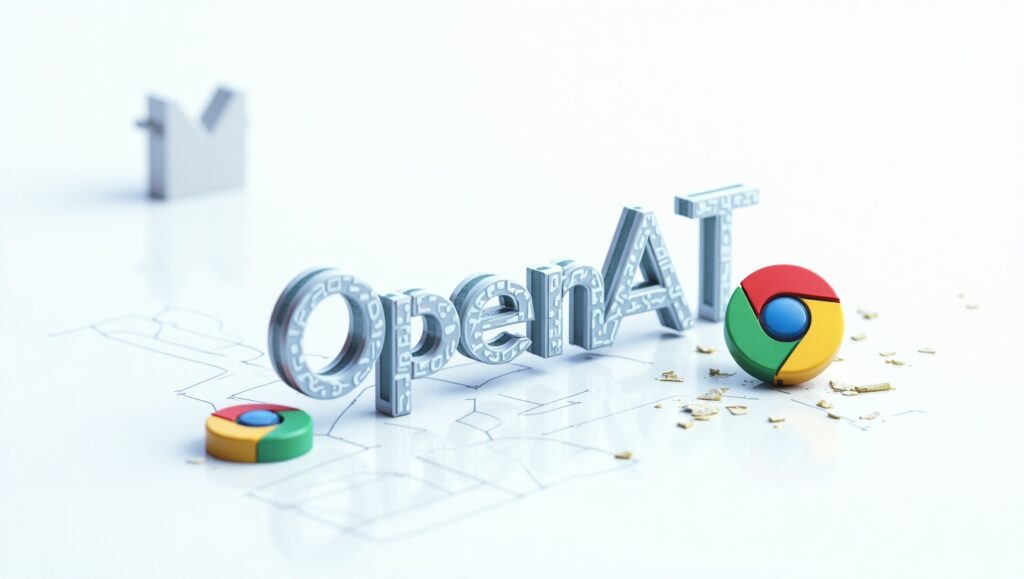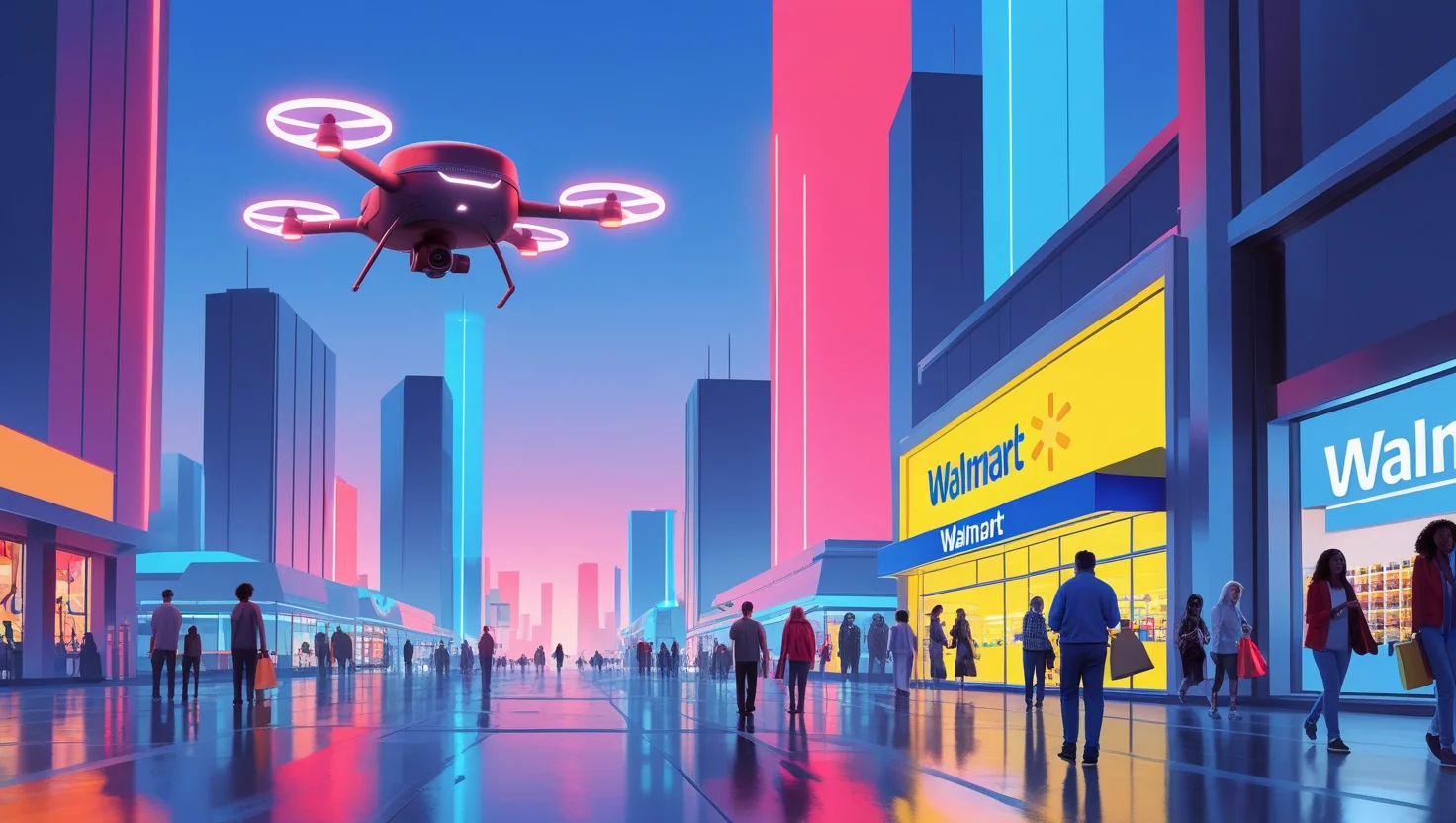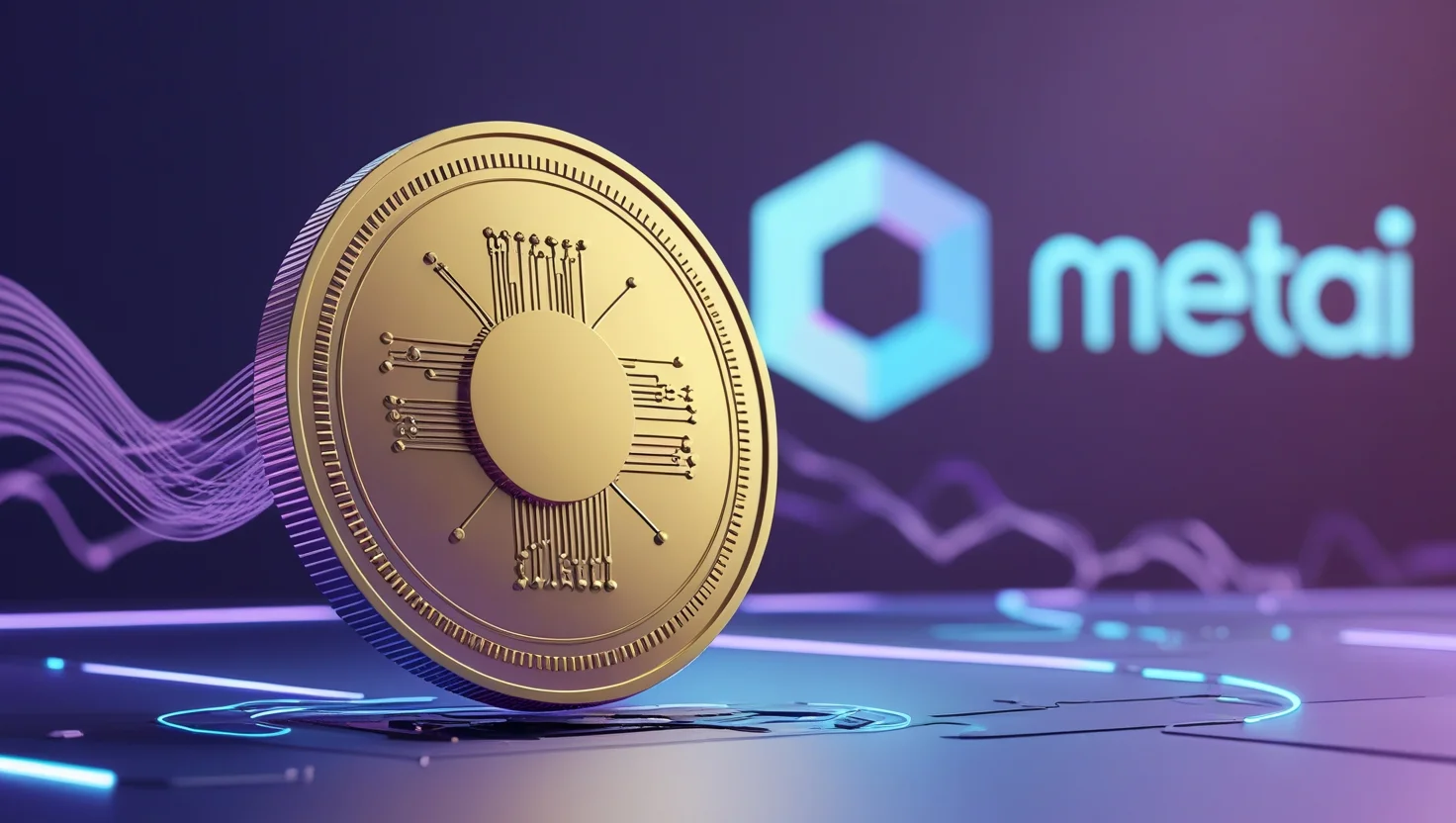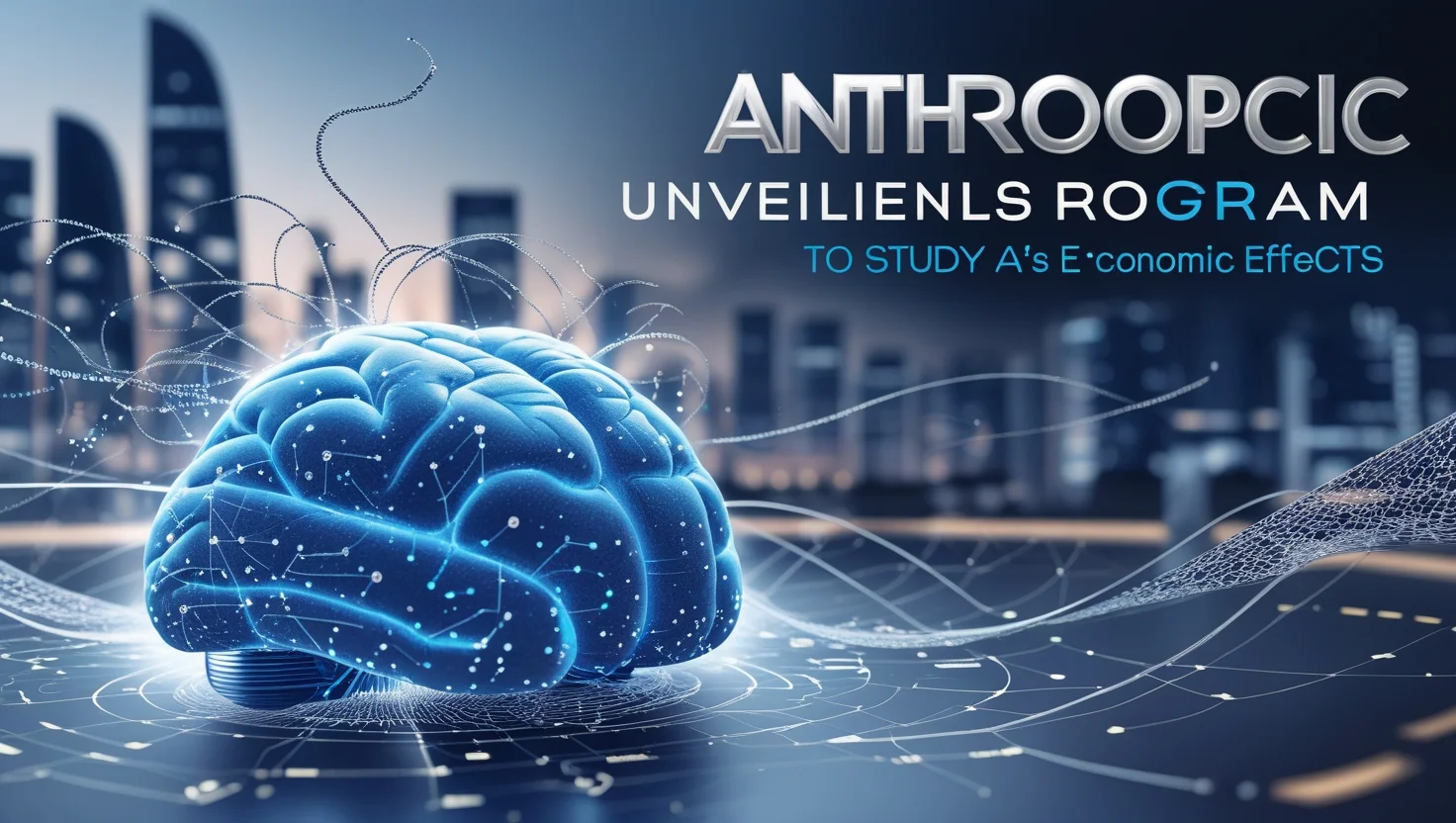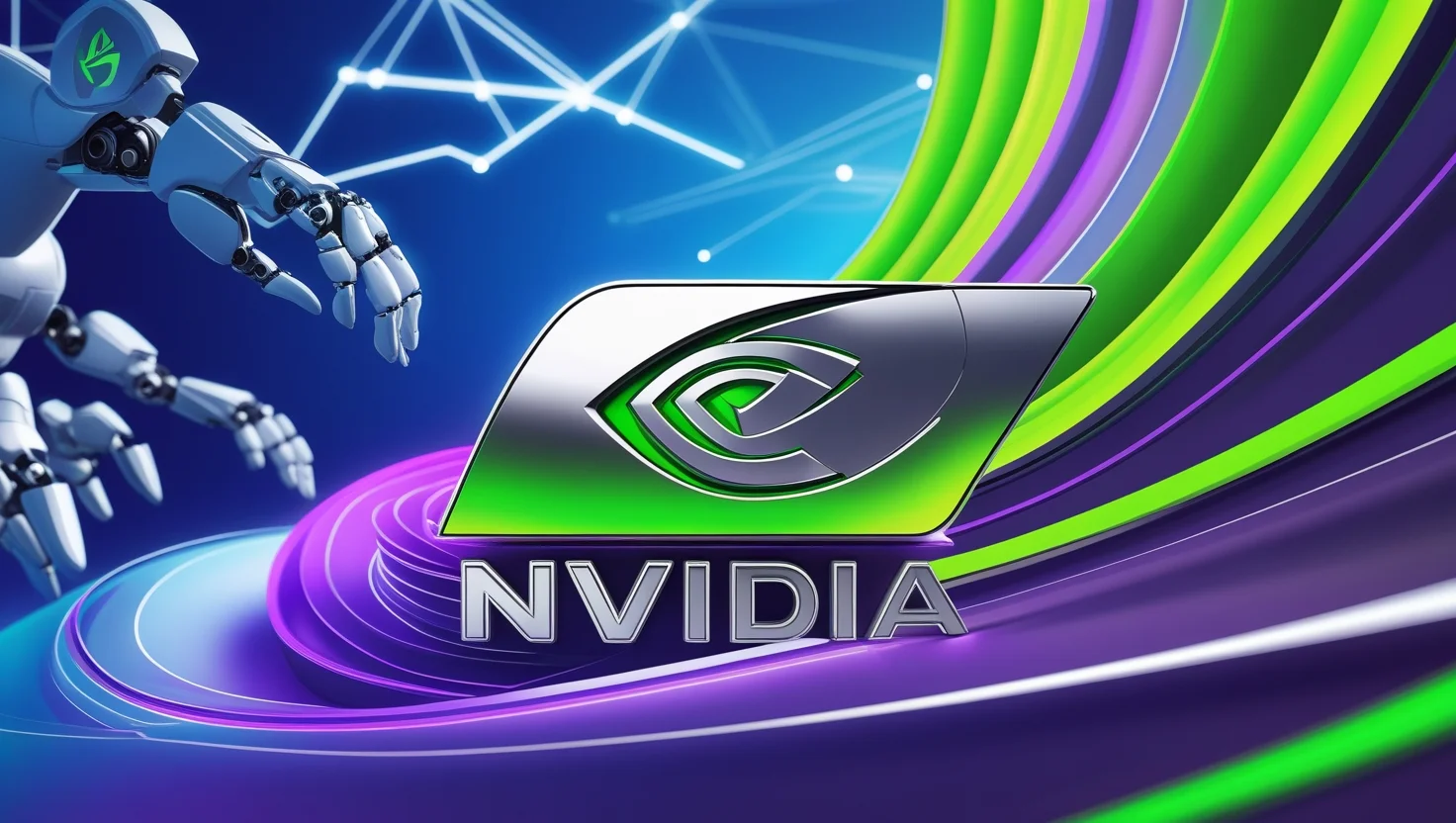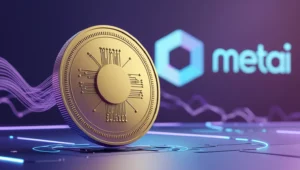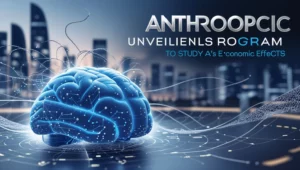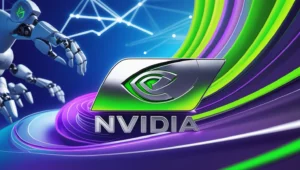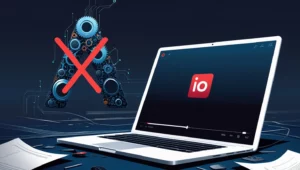OpenAI has expressed interest in acquiring Google Chrome if the browser becomes available for sale as a result of the US Department of Justice’s antitrust case against Google. This statement came from OpenAI’s head of product, Nick Turley, during court proceedings where the DOJ is seeking remedies after a judge ruled last year that Google holds a monopoly in online search. The remedy phase of the trial began this week, though Google has stated its intent to appeal the decision.
Turley revealed that OpenAI had previously approached Google about a possible partnership that would allow ChatGPT to utilize Google’s search technology. Currently, ChatGPT uses search data from Microsoft’s Bing, but Turley noted ongoing “quality issues” with what he referred to as “Provider No. 1,” a likely reference to Bing. Despite these discussions, Google did not agree to any collaboration, and Turley confirmed that OpenAI does not have a partnership with Google at present.
Emails presented in court highlighted OpenAI’s belief that working with multiple partners, including access to Google’s search API, could help the company offer a better product to its users. This interest aligns with the DOJ’s proposal that selling off Chrome could break Google’s stronghold on the search market, creating more competition and options for consumers.
In addition to seeking outside partnerships, OpenAI has been developing its own search index. The company had originally planned for this internal search tool to handle 80 percent of ChatGPT’s searches by the end of 2025. However, according to Turley’s testimony, this goal now seems unlikely to be achieved within that timeframe, with expectations that it will take several more years.
The DOJ’s case against Google represents one of the most significant antitrust actions in the tech industry in recent years.
